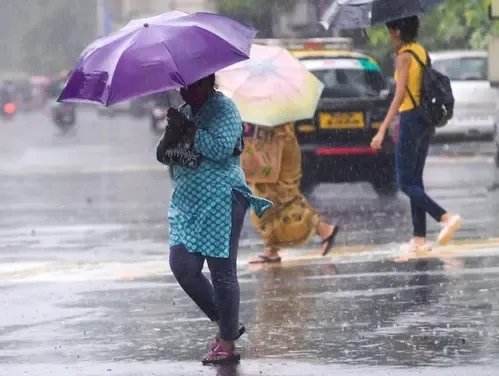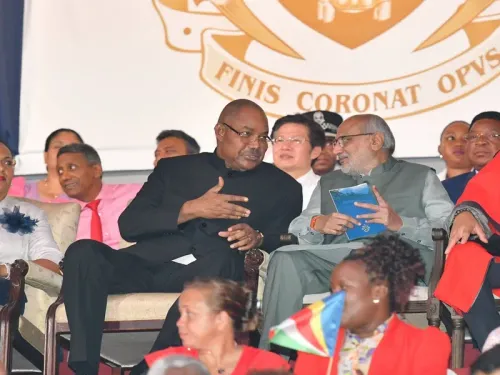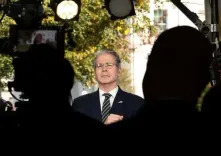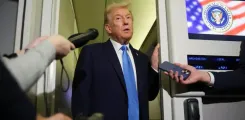Has the Delhi Government Extended the EV Policy until March 2026?
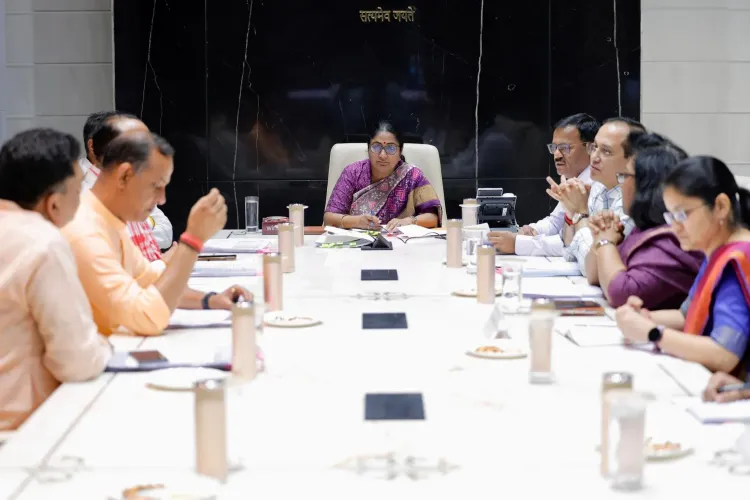
Synopsis
Key Takeaways
- EV Policy extended until March 2026
- Focus on public participation
- Emphasis on sustainable urban mobility
- Development of EV infrastructure
- Alignment with Green Delhi vision
New Delhi, July 22 (NationPress) In a pivotal step towards enhancing sustainable urban mobility, the Delhi government has officially announced the extension of the existing Electric Vehicle (EV) Policy until March 31, 2026, or until a new policy is notified, whichever comes first, according to an official statement on Tuesday.
The resolution was made during a Cabinet meeting led by Chief Minister Rekha Gupta at the Delhi Secretariat.
Transport Minister Pankaj Kumar Singh highlighted the importance of engaging in a broader dialogue with the public to forge a more inclusive and robust EV policy for the future.
This extension will allow the Transport Department to undertake extensive consultations with various stakeholders, including citizens, industry leaders, academic experts, environmental organizations, and both public and private entities, he noted.
The discussions will center around improving EV charging infrastructure, reassessing existing incentives and subsidies, establishing effective e-waste and battery disposal methods, and clearly defining the roles of public and private sectors in the evolving EV landscape of Delhi, he added.
The forthcoming Electric Vehicle (EV) policy will closely align with the Delhi government’s vision of a ‘Green Delhi’, aspiring to reshape the capital into a benchmark for clean and sustainable urban mobility.
According to the Minister, the updated policy will introduce several new provisions aimed at accelerating EV adoption, enhancing charging infrastructure, fostering innovation, and ensuring environmental accountability.
This proactive policy is set to act as a catalyst for developing a resilient and inclusive EV ecosystem, empowering citizens while furthering Delhi’s commitment to achieving cleaner air and a greener future, he emphasized.
Singh reiterated that the Delhi government is dedicated to ensuring clean air and a sustainable, eco-friendly transportation system, acknowledging the city's ongoing struggle with air pollution.
He stated that the extension of the EV policy signifies a deliberate move towards making it more robust, inclusive, and ready for the future.
By encouraging active participation from citizens, experts, and stakeholders, the government aims to collaboratively design a smarter and greener mobility ecosystem that embodies the collective aspirations for a cleaner Delhi, the Minister concluded.

